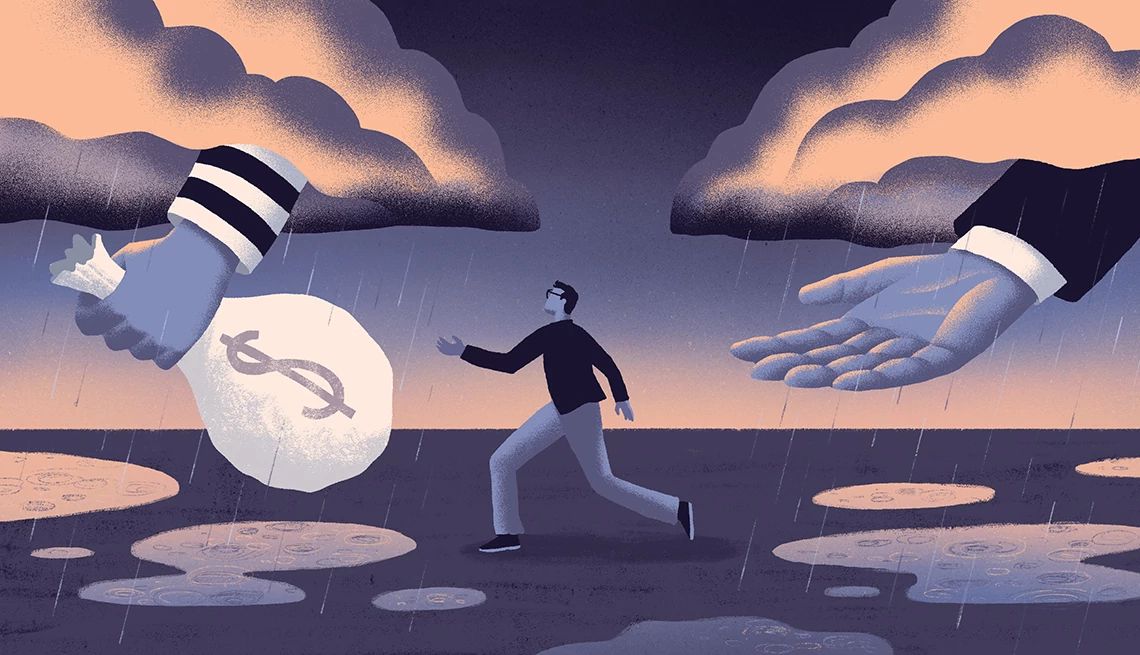AARP Hearing Center
CLOSE ×
Search
Popular Searches
Suggested Links
CLOSE ×
Search
Popular Searches
Suggested Links
Scams & Fraud
Call Our Helpline If You Suspect a Scam
877-908-3360
Toll-free service is available Monday through Friday, 8 a.m. to 8 p.m. ET
Learn about different kinds of scams

Scam News and Alerts
AARP IN YOUR STATE
Find AARP offices in your State and News, Events and Programs affecting retirement, health care and more.






































































